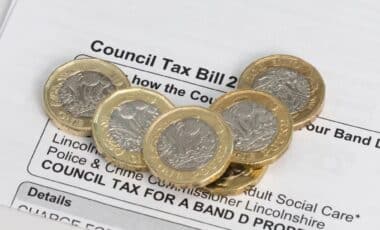The UK government has reversed its plans to impose a stricter tax crackdown on private equity firms and accounting companies, marking another victory for the industry under the Labour government. The decision comes after HM Revenue and Customs (HMRC) reviewed industry feedback and chose not to change the tax treatment of limited liability partnerships (LLPs).
HMRC Backs Down After Industry Pushback
Numerous LLP-structured accountancy firms, consultancies, and private equity firms would have been impacted by the proposed amendments. Current HMRC regulations classify top-ups—partners in these businesses who provide capital—as self-employed.
This designation reduces the amount of National Insurance contributions (NICs) the business must pay.
After reviewing the situation, HMRC determined that these top-ups, when genuinely intended to be long-term investments with real financial risk, do not fall under anti-avoidance rules.
“Having conducted a thorough review and listened carefully to industry representatives, we’ve decided that the anti-avoidance rule does not apply where top-ups are genuine, intended to be enduring, and give rise to real risk,” an HMRC spokesperson stated. The Financial Times first reported the policy change.
Labour’s Softened Stance on Private Equity Taxation
This decision aligns with the Labour government’s more moderate approach to private equity taxation. In October, Chancellor of the Exchequer Rachel Reeves adjusted a plan to increase taxes on certain types of income earned by buyout executives.
From April, private equity executives will be taxed at 32% on carried interest, their earnings from asset sales. While this is an increase from the 28% rate they currently pay, it is significantly lower than the 45% top rate of income tax that many in the industry feared Labour might impose.
Industry Reactions and Implications
The decision to drop the LLP tax crackdown and to moderate increases on carried interest taxation signals that Labour is balancing economic growth with tax reforms. The government appears to be maintaining a business-friendly stance while still implementing incremental tax adjustments.
For the private equity and accounting sectors, this represents a major win, preserving key tax advantages and offering certainty on future contributions. However, critics argue that it allows high-earning professionals to continue benefiting from lower tax rates compared to salaried workers.
With the Labour government keen to attract investment and sustain economic growth, future tax policies will likely be carefully calibrated to avoid industry backlash while ensuring public revenues remain stable.









